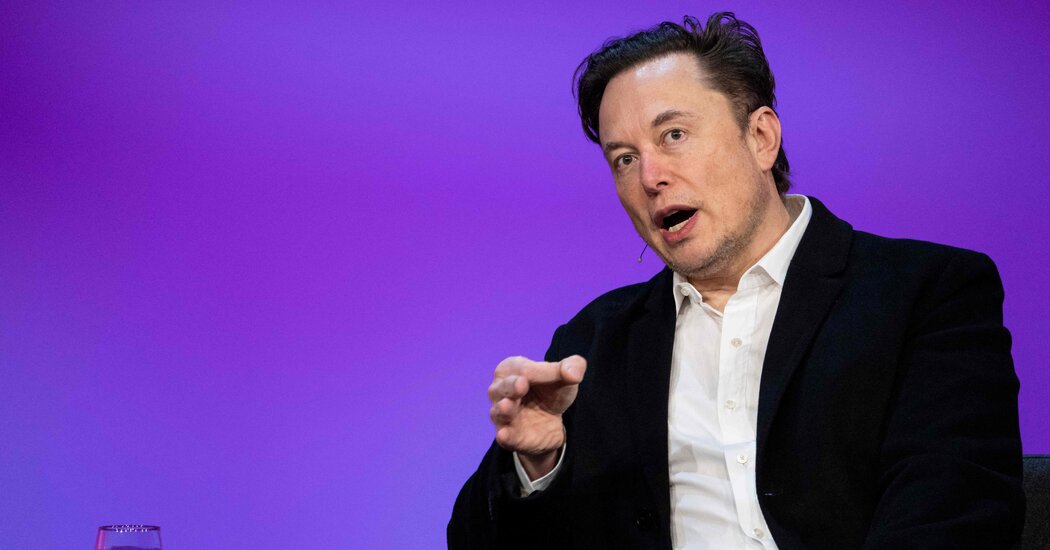
The Securities and Exchange Commission has broadened its inquiry into whether Elon Musk properly disclosed his investment in Twitter and his intentions for the social media company, the agency revealed on Thursday in a filing.
The agency raised questions about a tweet from Mr. Musk in May in which the billionaire claimed his $44 billion acquisition of Twitter “cannot move forward” because of spam on the platform. The tweet suggested Mr. Musk planned to abandon the deal, the S.E.C. wrote in a letter to Mr. Musk’s lawyers in June. The letter was included in a filing on Thursday.
The about-face was a material change to Twitter’s status that should have been disclosed to the agency and investors, but the required disclosure never materialized, the S.E.C. wrote in its letter. The agency also demanded “a clear statement as to Mr. Musk’s current plans or proposals with respect to the acquisition of Twitter.”
In response, Mr. Musk’s legal team said he had not changed his plans and was simply seeking more information from Twitter. “Despite Mr. Musk’s desire to obtain information to evaluate the potential spam and fake accounts, there was no material change to Mr. Musk’s plans and proposals regarding the proposed transaction at such time,” Mike Ringler, a lawyer for Mr. Musk, wrote in a letter in June to the S.E.C.
Last week, Mr. Musk declared that he would end his deal for Twitter because of the prevalence of spam on the platform. Twitter has disputed Mr. Musk’s claims and said spam makes up no more than 5 percent of its active users. On Tuesday, the company sued Mr. Musk to force the acquisition through.
The S.E.C. began investigating Mr. Musk’s actions in April, when the billionaire became Twitter’s largest shareholder. In a securities document filed at the time, Mr. Musk indicated that his investment would be passive and that he did not intend to seek control of the company. But 10 days later, he began an aggressive campaign to acquire Twitter.
The S.E.C. questioned whether Mr. Musk was truly a passive investor, and whether he had disclosed his stake at the right time. The law requires shareholders who buy more than 5 percent of a company’s shares to disclose their ownership within 10 days of reaching that threshold. In regulatory filings, Mr. Musk has said he crossed that threshold on March 14 but did not make his purchases public until April 4.
The inquiry is not Mr. Musk’s first brush with the S.E.C. In 2018, the agency charged him with securities fraud over a tweet in which he claimed he had secured funding to take Tesla, his electric vehicle company, private. Mr. Musk and Tesla settled the charges for $40 million. Under the terms of the agreement, Mr. Musk must run his tweets by a Tesla lawyer if the messages contain material statements about the carmaker.
A lawyer for Mr. Musk and the S.E.C. didn’t immediately respond to requests for comment.